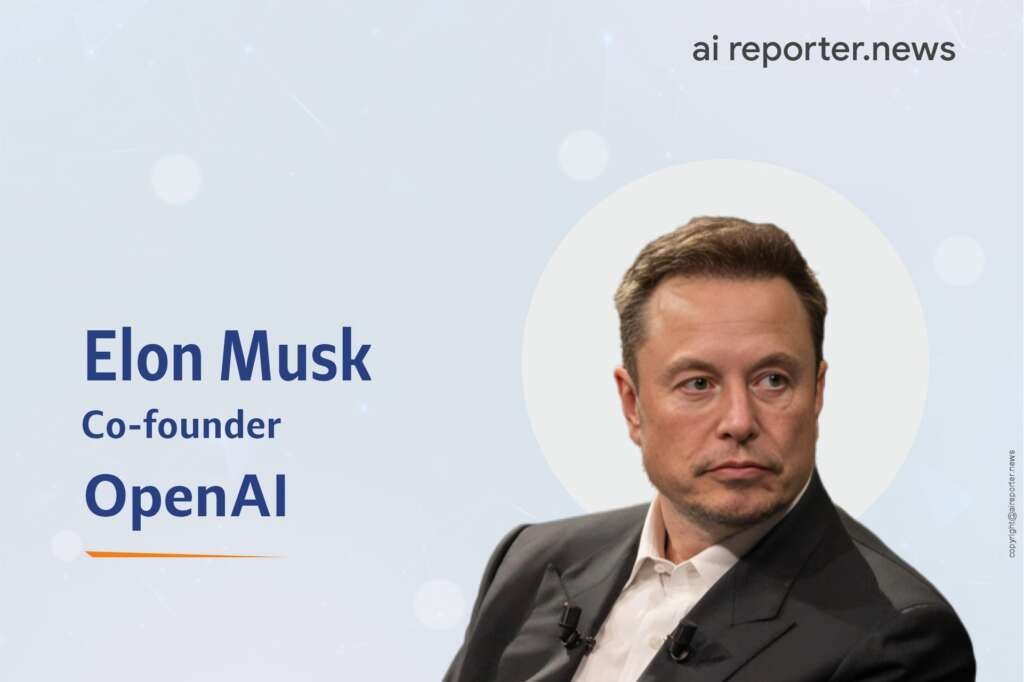
Elon Musk Sues OpenAI and Sam Altman, Accusing Them of Abandoning Their Mission
Elon Musk sues OpenAI claiming they ditched their mission for profit. He wants OpenAI’s research public and not used by Microsoft.
Elon Musk, the visionary entrepreneur behind Tesla, SpaceX, and the recently acquired Twitter, has initiated a lawsuit against OpenAI, the pioneering AI organization he co-founded in 2015, and its CEO, Sam Altman. The lawsuit alleges that OpenAI strayed from its original mission of developing artificial intelligence (AI) for the betterment of humanity, instead prioritizing profit motives.
Recently expanding his business empire by acquiring Twitter, Elon Musk has consistently championed the need for AI regulation. His exit from the OpenAI board in 2018, followed by pointed criticisms of Microsoft’s involvement with OpenAI, underscores his persistent unease regarding the trajectory and sway in the AI industry.
A Change of Course?
Musk, a co-founder of OpenAI, claims that the organization deviated from its initial commitment to open-source, non-profit AI development. He argues that OpenAI, established in 2015, is now focused on generating financial gain, contradicting the original intention of benefiting society as a whole.
Parallel to these developments, Musk is spearheading an alternative AI initiative through his startup, xAI, aiming to introduce a competing platform to ChatGPT.
This venture, which has already released Grok to Premium+ subscribers on the X social media platform, signifies Musk’s ambition to cultivate an AI that prioritizes truth-seeking, aligning with his warnings about the dual-natured risks AI poses to society.
Elon Musk: Seeking Transparency and Control
Through the lawsuit, Musk seeks a court order compelling OpenAI to:
- Make its research and technology publicly available.
- Prevent the use of its assets, including the advanced AI model GPT-4, for the financial benefit of Microsoft or any individual.
OpenAI, Microsoft, and Musk himself haven’t yet responded to requests for comment.
Billionaire Claims Startup Prioritized Profit Over Public Benefit.

A History of Concern
This legal battle isn’t the first instance of contention between Musk and OpenAI. Musk, a known advocate for responsible AI development, has previously expressed concerns about Microsoft’s influence on the organization. He resigned from the OpenAI board in 2018 and has repeatedly criticized the ties between the two entities.
The Antitrust Lens
The partnership between OpenAI and Microsoft is currently under scrutiny by antitrust regulators in both the United States and Britain. This scrutiny stems from the tumultuous events of OpenAI’s boardroom last year, which saw the ousting and subsequent return of Altman, along with the establishment of a temporary board.
OpenAI’s Future: New Board and Continued Innovation
Looking ahead, OpenAI plans to appoint new board members in March, according to a recent report by the Washington Post. While Microsoft has secured a non-voting observer seat on the board, the future governance and direction of the organization remain uncertain.

Musk’s Counter-Initiative: xAI and Grok
Undeterred by the changes within OpenAI, Musk has launched his own AI venture – xAI. This startup, staffed by engineers recruited from leading tech firms like Google and Microsoft, aims to compete with OpenAI and its offerings. Notably, xAI launched Grok, a competitor to ChatGPT, in December 2023. According to Musk, this initiative aims to establish a “maximum truth-seeking AI.”

A Broader Conversation on AI and its Impact
Musk, a vocal advocate for responsible AI development, isn’t alone in his concerns. He joined forces with other AI experts and industry leaders last year to advocate for a six-month pause in developing AI systems surpassing the capabilities of OpenAI’s GPT-4. This call to action highlights the growing concerns surrounding the potential risks posed by powerful AI systems to humanity and society.
This lawsuit underscores the complex dynamics at play in the rapidly evolving AI landscape, where the balance between innovation, profit, and ethical considerations remains a contentious and pivotal challenge.
(copyright@aireporter.news)

